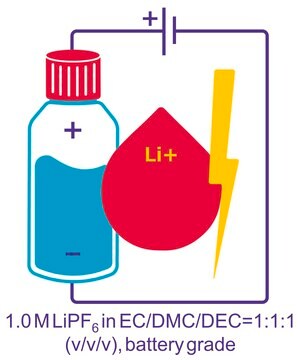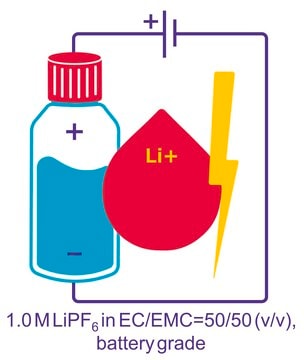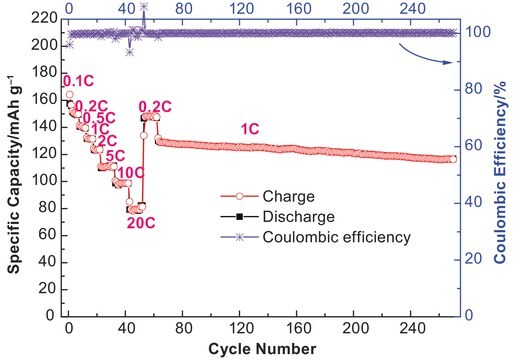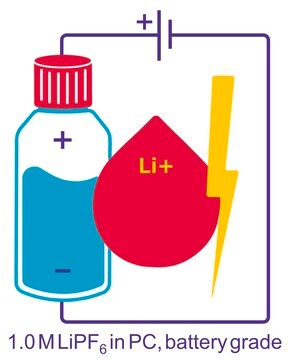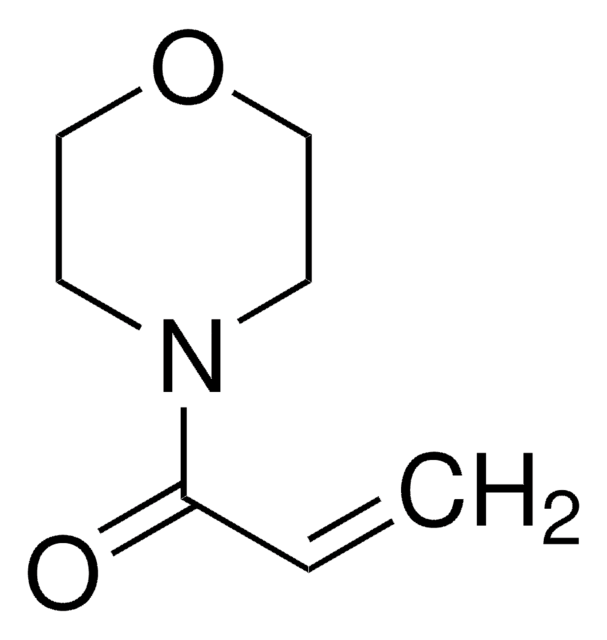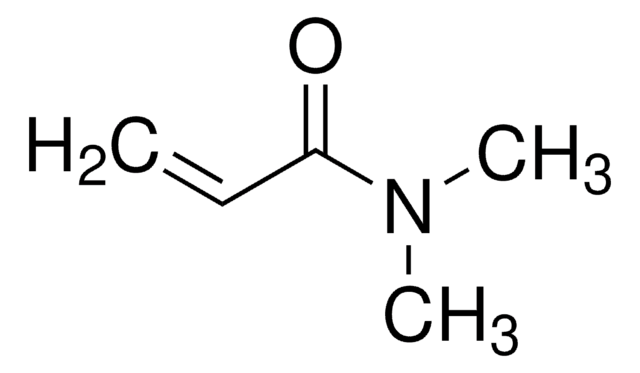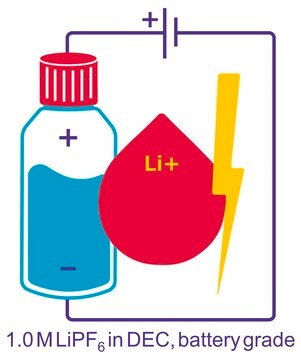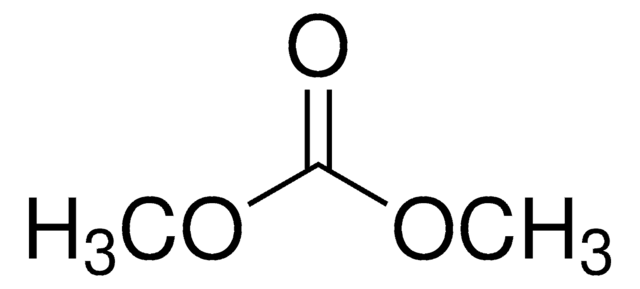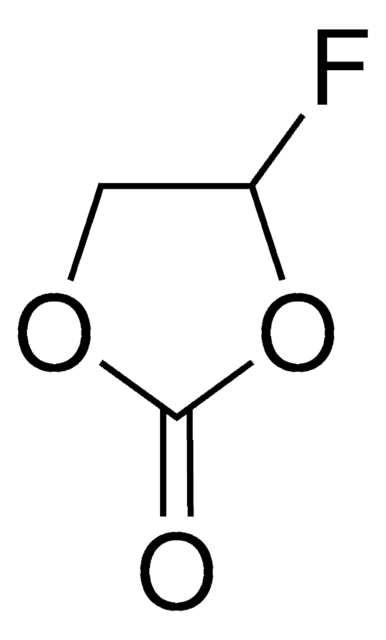746711
Lithium hexafluorophosphate solution
in ethylene carbonate and dimethyl carbonate, 1.0 M LiPF6 in EC/DMC=50/50 (v/v), battery grade
Synonym(s):
1.0 M LiPF6 EC/DMC
About This Item
Recommended Products
grade
battery grade
Quality Level
form
solution
greener alternative product characteristics
Design for Energy Efficiency
Learn more about the Principles of Green Chemistry.
sustainability
Greener Alternative Product
concentration
(1.0 M LiPF6 in EC/DMC)
impurities
<15 ppm H2O
<50 ppm HF
color
APHA: <50
bp
90 °C
density
1.30 g/mL at 25 °C (lit.)
anion traces
chloride (Cl-): ≤1 ppm
sulfate (SO42-): ≤2 ppm
cation traces
Ca: ≤1 ppm
Fe: ≤1 ppm
K: ≤1 ppm
Na: ≤1 ppm
Pb: ≤1 ppm
application(s)
battery manufacturing
greener alternative category
, Enabling
SMILES string
F[P-](F)(F)(F)(F)F.[Li+]
InChI
1S/F6P.Li/c1-7(2,3,4,5)6;/q-1;+1
InChI key
AXPLOJNSKRXQPA-UHFFFAOYSA-N
Looking for similar products? Visit Product Comparison Guide
Related Categories
General description
Application
Liquid electrolyte solutions play a key role in lithium ion batteries (LIB) acting as a carrier of lithium ions between the cathode and anode. High-purity and battery-grade electrolyte solutions are thus crucial for lithium ion battery performance. The most common LIB electrolytes are derived from solutions of lithium salt, such as LiPF6 in non-aqueous solvents, example alkyl carbonates or solvent blend. The choice of the electrolyte solution is dependent on both the operating conditions like temperature and the nature of the electrode material in the LIB. The performance of the electrolyte solutions can be further modified with appropriate additives.
Other Notes
- Do not use with glass equipment
- All work should be done very quickly under dry air to prevent electrolytes from water uptake and solvent vaporization.
Legal Information
related product
Signal Word
Danger
Hazard Statements
Precautionary Statements
Hazard Classifications
Acute Tox. 4 Oral - Eye Irrit. 2 - Flam. Liq. 3 - Skin Irrit. 2 - STOT RE 1 Inhalation - STOT RE 2 Oral
Target Organs
Bone,Teeth, Kidney
Storage Class Code
3 - Flammable liquids
WGK
WGK 2
Flash Point(F)
77.0 °F
Flash Point(C)
25 °C
Certificates of Analysis (COA)
Search for Certificates of Analysis (COA) by entering the products Lot/Batch Number. Lot and Batch Numbers can be found on a product’s label following the words ‘Lot’ or ‘Batch’.
Already Own This Product?
Find documentation for the products that you have recently purchased in the Document Library.
Customers Also Viewed
Articles
Dr. Sun reviews the recent advances in solid-state rechargeable batteries and cover the fundamentals of solid electrolytes in solid-state batteries, the theory of ion conduction, and the structures and electrochemical processes of solid-state Li batteries.
Li-ion batteries are currently the focus of numerous research efforts with applications designed to reduce carbon-based emissions and improve energy storage capabilities.
Lithium-ion batteries (LIBs) have been widely adopted as the most promising portable energy source in electronic devices because of their high working voltage, high energy density, and good cyclic performance.
The critical technical challenges associated with the commercialization of electric vehicle batteries include cost, performance, abuse tolerance, and lifespan.
Our team of scientists has experience in all areas of research including Life Science, Material Science, Chemical Synthesis, Chromatography, Analytical and many others.
Contact Technical Service